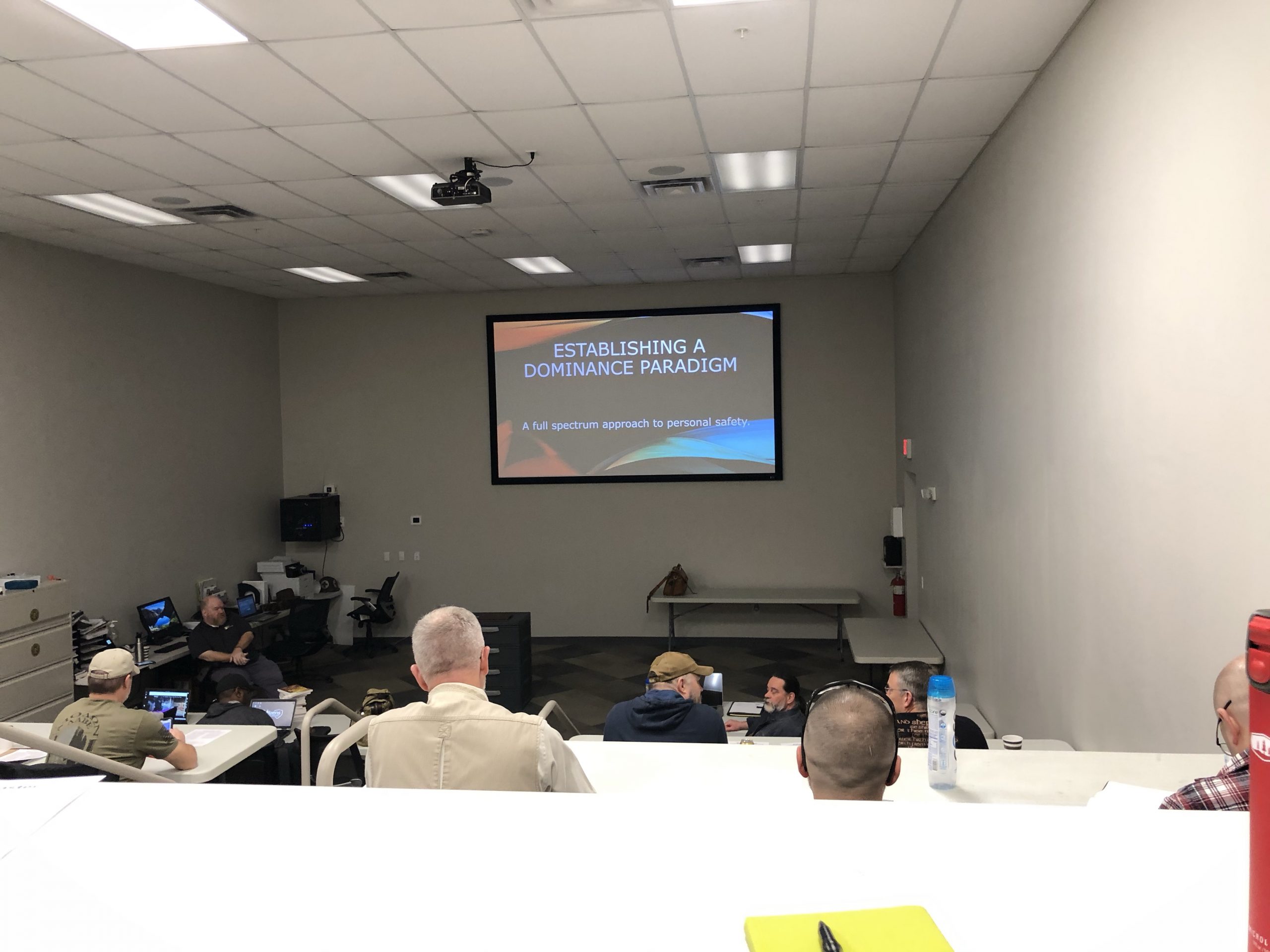There is a lot of discussion among instructors about “what makes a good instructor.” Which is good. It keeps us evaluating ourselves and trying to improve. But, as they say, it takes two to Tango.”
As a teacher and coach, I have a responsibility to you as the student to provide up to date information in such a way that it helps you to create or improve your skill set.
But, you as a student also have a responsibility to become an expert learner. My day job as a physician required me to participate in decades of formal education. In order to pass all of the tests over the first 30 years of my life, I first had to learn how to learn efficiently and effectively. As an anesthesiologist and critical care physician, my minute by minute decisions can literally be translated into life or death for my patients. I take that responsibility very seriously and therefore my education is paramount. I have to trust the “experts” to provide learning opportunities for me, but ultimately, I must do my best to absorb and apply that knowledge.
Shooting, especially defensive shooting, is no different.
Academically, self defense theory includes physics, biology, anatomy, psychology, sociology, physical education, etc. A solid understanding of the fundamental human function can help you learn a specific skill set and apply it faster and more effectively. Understanding these core subjects can also improve your BS detector.
These are a few tools and practices that I engage to be an expert learner.
1. Read the chapter ahead of time. This will help you know which questions to ask and allow you to focus on stuff you don’t know vs having to learn everything from scratch.
2. Write stuff down. I have yet to finish a full day of training where I wasn’t exhausted. What’s the chance I’ll remember all that without notes? Slim. At best.
3. Pay attention. Simple.
4. Learn the material being presented. I rarely agree with 100% of what I’m being taught. If ever. However, when at a course, I do things their way. How will I know if I don’t like “their way” better than “my way” if I never learn their way? I can’t. (Unless something is inherently unsafe or stupid I do it their way)
5. You are not at the class to show the instructor what you like. They don’t care. You’re paying them to teach. Presumably, because they are an expert and you are not. If you don’t like what you’ve learned then no one is forcing you to do it that way at home, but do your best to understand the technique and the reasons behind it.
6. Prepare for the class by having the proper equipment and (if you can afford it) back up of gear that might fail. Caveat: all gear can fail. This includes, for example, a raincoat if it might rain.
7. Did I mention keeping a training journal? Write stuff down.
8. Prepare yourself physically. As much as possible. Good nutrition, adequate sleep, adequate hydration, endurance, and strength will be beneficial in any learning experience.
9. Review your notes and Practice the new learning. Or you’ll lose it. Teach it to someone else. Ideally someone who is also familiar with the material so that they can correct you if you misremember something.
10. Do not be disruptive. Class clowns are funny. We laugh at them. But they take away from learning time. A class clown on the range may cause other students to have concerns about their safety. This can result in multiple learning failures including your own ejection from a class.
Those 10 Items apply to pretty much everyone equally, but each individual also has their own learning style. Understanding how you learn can make a huge difference in the way you study and the way approach a new skill.
Some people learn quickly, others slowly. Some can learn without a need to understand the “why.” They can just take the “how” and run with it. Others need to understand something deeply before they truly learn it. What is your learning style?
I’m what I call a “foundational” learner. I learn bits of stuff which eventually come together as the big picture. Often, I don’t really get it until the last few pieces of the puzzle come together. Having realized this, I have been able to be patient with myself since I know I may lag behind as I build the foundation, but I will eventually understand it deeply and fully once I do. Knowing this about myself has improved my ability and attitude about learning new things.
Observe yourself. Learn how you learn. Then make sure that you ask the questions you need to ask, get the repetitions you need to get, or whatever it is you need to do. I’ve asked a lot of questions of my teachers that seem silly to my classmates, but they put something in perspective for me. Don’t be afraid to ask it if you need it. That’s what you are paying for —whether it’s firearms training, school, or whatever.

Here is another tip I want to add from my experience at Tom Givens’ Master Instructor course: Ask yourself, what does the instructor want me to learn from this experience? For example, if I’m at a course for instructors and Tom gives me a drill to run, I may learn to be a better shooter from doing the drill, but his purpose is for me to learn how to teach better from observing how he runs the drill. If I don’t understand the purpose of the instruction, I’m missing out on a lot. Ask questions. Write stuff down. Improve.
No doubt there are more ways to be a good learner and I welcome any additions to my list. What do you do to enhance your learning? You know, besides Legal addictive stimulants?
Copyright 2019 Kjell Rosenberg
